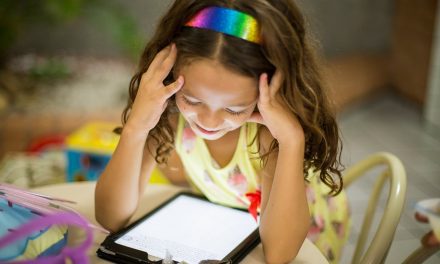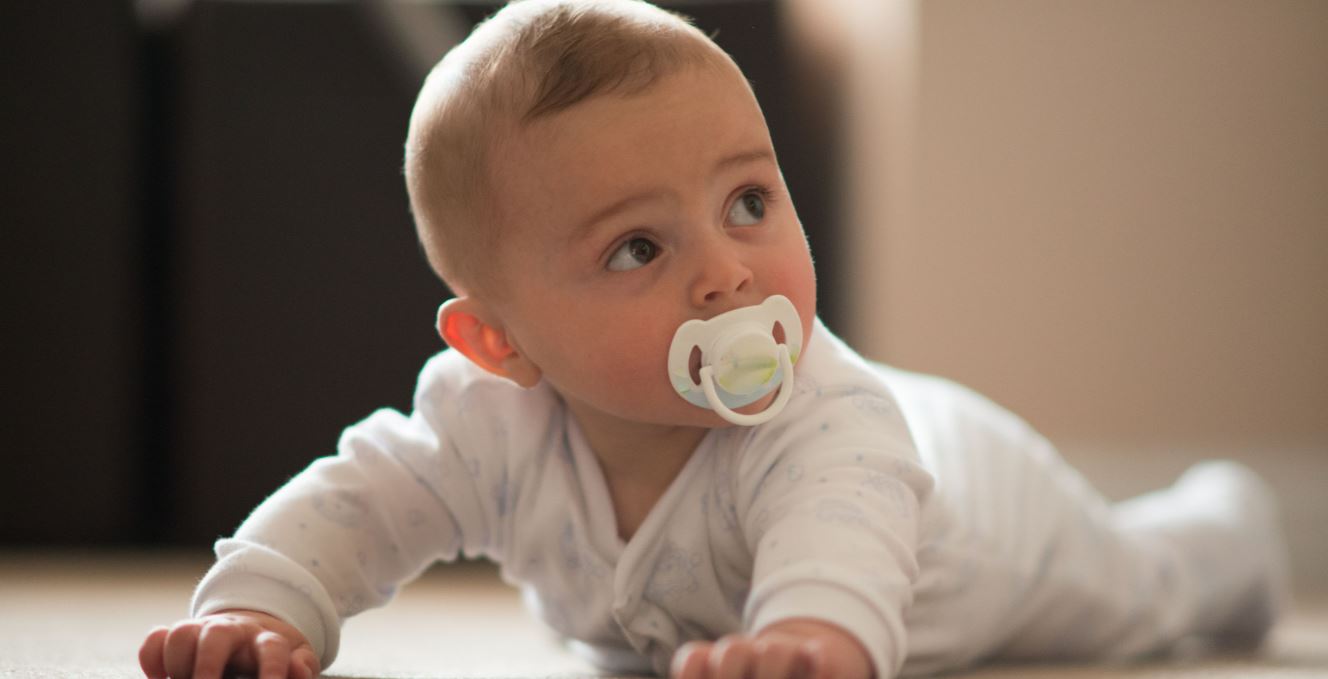Sensory activities for toddlers are a type of play game that activate and stimulate a child’s senses. As these senses are most accessible, sensory play usually stimulates touch, sight, and hearing. Toddlers interact with the world mainly through their five senses (touching, tasting, hearing, seeing and smelling). These senses learn about the world and make sense of all the new things they face every day. Children begin to play as they grow older, and through play, they learn more about the world around them.
Benefits Of Sensory Activities For Toddlers
Rapid development and growth mark the child’s first three years of life. As children grow, they can process extensive data and turn it into practical knowledge. Sensory activities provide a unique opportunity for toddlers to interact with the world promoting their growth and development. These types of activities aid in the formation of brain connections that enable more complicated thoughts and tasks.
They also encourage social contact and peer involvement while supporting some skills development. Some examples are language development, cognitive growth, fine and gross motor skills, and fine and gross motor skills. They can help develop mindfulness abilities in children and can also be beneficial in calming an upset child.
If you’re wondering why your kids need playtime, read this.
Ideas For Sensory Activities For Toddlers
It can be sometimes really difficult for parents to think of activities to engage their toddlers for their overall development. Following are some of the most common and popular ideas:
- Food Play – Allowing your child to explore the food – squishing, smearing, etc. is a sensory experience that will help them learn a lot. If you’re worried about food play, try to keep playtime and meals separate. You can also discuss table etiquette as kids grow older. On the other hand, food can be a fun and safe method for children to experiment with texture, taste, and scent.
- Swing Time – Swings are a popular playground feature. Encourage your child to try new ways to use them, like trying Superman-style swinging on their tummy. Instead of pulling them from behind, drag their feet softly and then let them go with the flow. Allow the swing to spin in one direction before turning in the opposite direction.
- Musical Evening – Another pastime activity fun that toddlers might like engaging in is making their musical instruments. Kids can make numerous instruments out of objects that are commonly found in the house with just a little help.

Shapes and colors ensure sensory and motor development in a child
- Shapes And Colors Fun – Sorting balls/balloons are fun for kids ready to get admitted to the school. This can be used as a sensory education aid to help children learn about size and colour. Simply pour a package of puffballs into one container and supply many smaller containers for sorting. To make it more difficult, have them pick up the puffballs one by one using tongs or tweezers while sorting.
Few More Additional Ideas
- Guess Game – Your toddler is almost certainly full of inquiries. Allow them to be the ones to figure out the answers this time by playing a guessing game. Keep an object hidden but make a sound with it. For example, crinkling paper, bouncing a ball and asking your child to guess what is creating the noise. Alternatively, encourage them to think of solid but familiar scents such as fruit, onions, coffee, or flowers.
- Frozen Toys – It can be challenging to teach a toddler about hot and cold. But with a bit of ice and some toys, your little one will have fun experiencing these sensations on their own. Simply freeze some little toys and then let your child move the ice with their hands until the things are free. You may also give kid-friendly ice-cracking tools as well as warmer water to melt the ice.
Conclusion
Sensory play activities don’t have to be challenging to be enjoyable. They typically only involve a few objects that you already have on hand. While it can be messy at times, encouraging your child to use their senses will allow them to learn and grow as they interact with the world around them.






